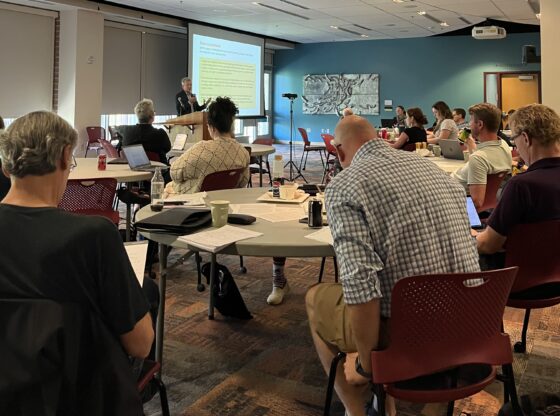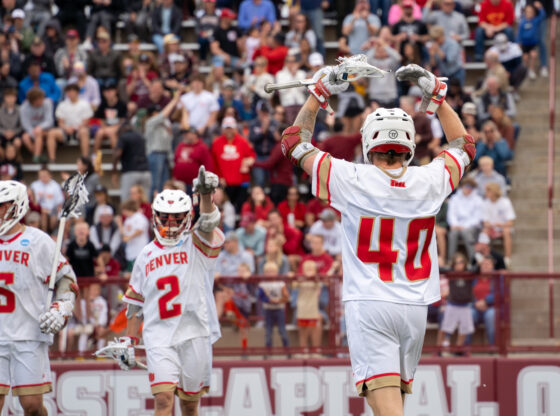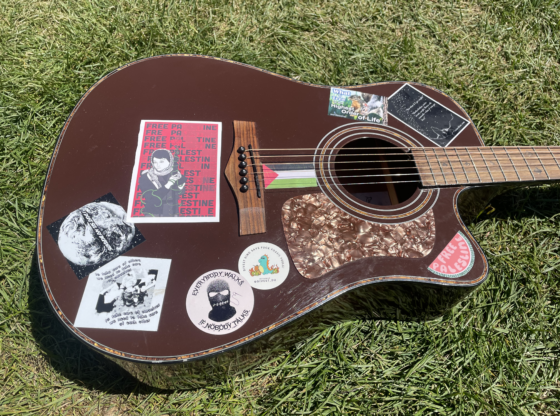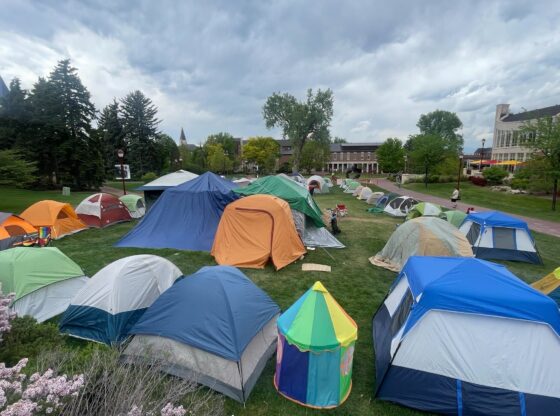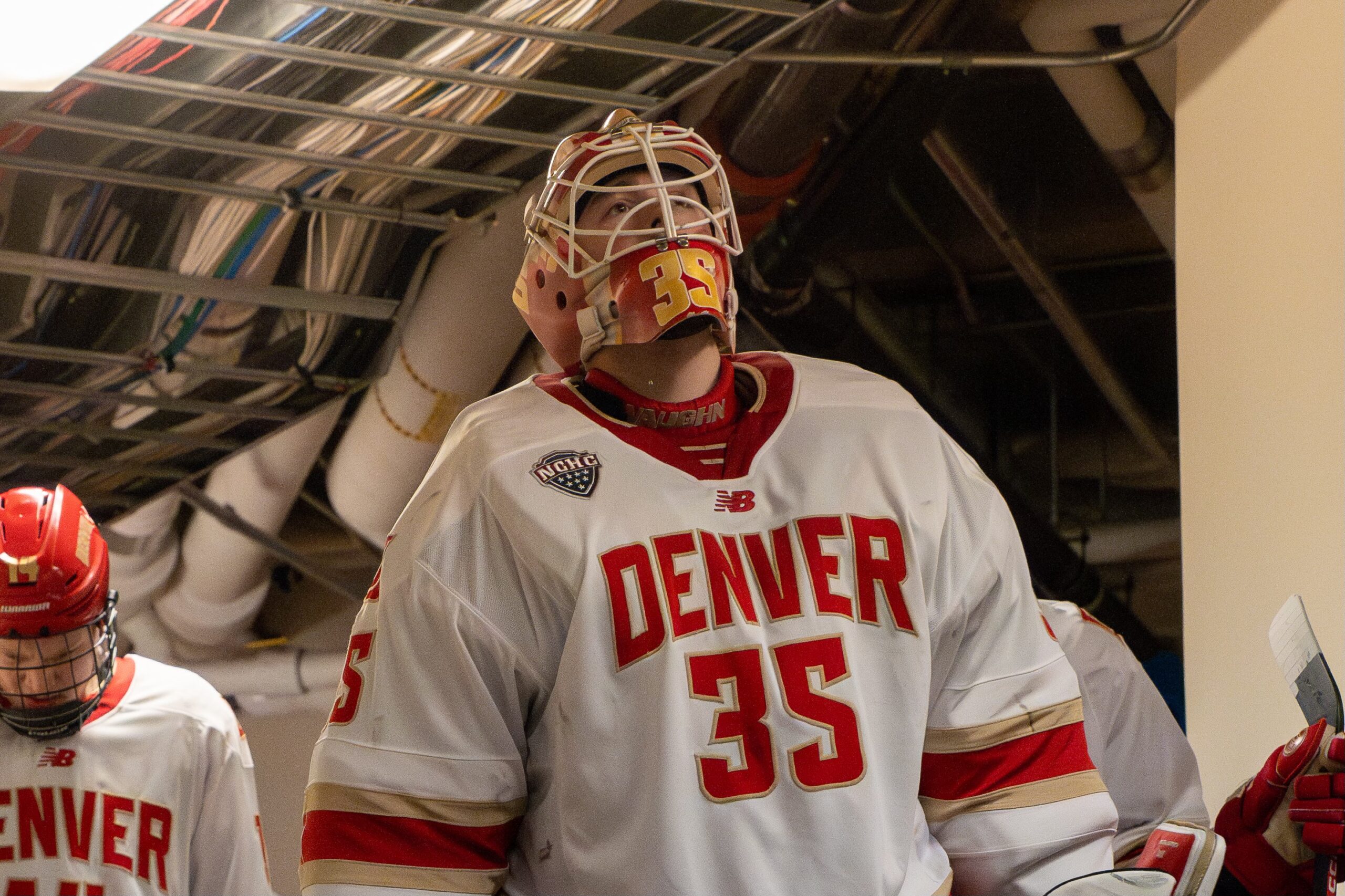A pilot program aims to provide additional support to students who are concerned about being able to return to DU in the fall.
The program helps “streamline the system” for students so they don’t have to call an academic advisor, someone in financial aid and people in other departments, said Jo Calhoun, associate provost, who helped establish the program with Jennifer Karas, assistant provost of academic programs.
“[We are] trying to help students who want to stay here find a way,” she said.
The current economic recession has been difficult for many students and their families, and finances are a big reason why some students are questioning their ability to come back to DU next year. Other reasons include poor academic standing, roommate conflicts or just feeling like DU isn’t the right fit.
This program allows faculty, staff, advisers, coaches, Resident Assistantss or students themselves to get in touch with a student advocate by email who can help advise them about what their options are.
Only 10 days after the first e-mail about the program was sent out, the pair had already received 25 e-mails about students who might need their assistance.
Ninety percent of the referrals recieved by the team have been about financial problems.
The university has recognized the additional financial needs of many students and their families. This year, the financial aid office has awarded $659,000 in emergency aid, said Tom Willoughby, vice chancellor of enrollment. That’s up from $195,000 last year.
Robin Angstadt and Sheila Gannon used to be academic advisors in the Career Center. Now they are working as student advocates helping students get through the institutional red tape and remove barriers to a student’s return in the fall.
“The university recognizes that these are the times we’re in and the university wants to work with students,” said Gannon. “We just really want to help them.”
Gannon and Angstadt receive e-mails about students who might need their assistance. Then, they do background research on the student based on general information the university provides, such as their academic standing and financial aid status. Finally, they reach out to the student.
Essentially, they act as a central point of contact for the student who can refer them to specific people in different offices or even take care of some work.
“Now you don’t have to call a bunch of different people,” said Angstadt. “There’s a ton of resources available at DU that people don’t know about.”
They can help students find those resources and take advantage of them.
Emergency aid can be applied for when a student’s financial circumstances have changed from the time they initially applied for aid, such as a parent losing a job. The financial aid office then reevaluates the student’s financial standing and has the ability to award him or her additional aid.
And even more students are expected to need additional money for next year.
“We’ve set aside additional dollars anticipating that students will demonstrate a higher financial need next year,” Willoughby said. “We’ve set aside funds anticipating continuing changed circumstances with the recession.”
Angstadt and Gannon recognize the many problems associated with finances, particularly now. But they want students to understand that there can be ways for them to stay at DU even if their family has changed circumstances.
“Don’t jump to conclusions that just because you have this big tuition bill you can’t pay that you’ll no longer be able to go here. There are resources available,” Angstadt said.
But Calhoun and Karas urge students not to think of this program as a magic solution.
“It’s not a magic wand. It’s figuring out what is possible with the resources that we have,” Karas said.
“If they want to stay but they can’t, those are the students we want to go to,” Calhoun added.
As a pilot program, no one involved is entirely sure of how successful it will be, but they said students have been receptive.
“If I can get one or two students to stay here…that would have been a huge success,” Angstadt said.
Students who are considering leaving DU and might benefit from additional assistance (including financial assistance), can contact the advocates by e-mail at advocate@du.edu.


